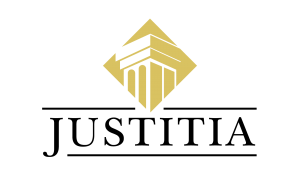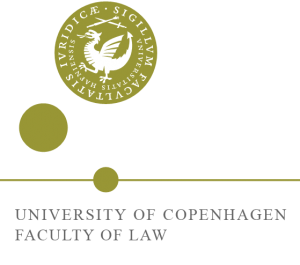Read the full lead essay by Jacob Mchangama in Cato Unbound June 11th. 2018
In ”On Liberty” J.S. Mill wrote “The time, it is to be hoped, is gone by when any defence would be necessary of the “liberty of the press” as one of the securities against corrupt or tyrannical government.” That was in 1859. Since then not even the calamitous effects of two world wars or the spread of communism have been able to buck a long term global upward trend in the spread and protection of free speech. Not until very recently, that is. For more than a decade Freedom House has measured a decline in the global protection of press freedom. The Varieties of Democracy dataset registers a global drop in respect for free expression setting in about 2013. The Economist’s 2017 Democracy Index was headlined “Free Speech under Attack” and concluded that less than half the population of the world now has access to free or even partially free media. In those countries where free speech is protected, the sphere of protection is shrinking. Reporters Without Borders recently concluded that “It’s in Europe, the region where press freedom is the safest, that the regional indicator has worsened most this year.”
The world seems to be witnessing a cross-fertilization of censorship across continents and regime types. This is best exemplified by Russia’s adoption of a social media legal code inspired by a German law requiring social media platforms to remove hate speech within 24 hours or risk huge fines. Restrictions on free speech adopted with good intentions by democracies end up serving nefarious ends of autocracies. Illiberal measures against fake news are also mushrooming. While President Trump makes seemingly empty threats against the “fake news media,” France has announced its intention to pass a law against false information. Malaysia has already done so, and Kenya is following suit. In 2017 a record 262 journalists were jailed, 21 of them for disseminating false information. We should add to this the continuous threat to free speech from private actors such as terrorists, drug cartels, and wealthy oligarchs.
…
Read the full lead essay in Cato Unbound

